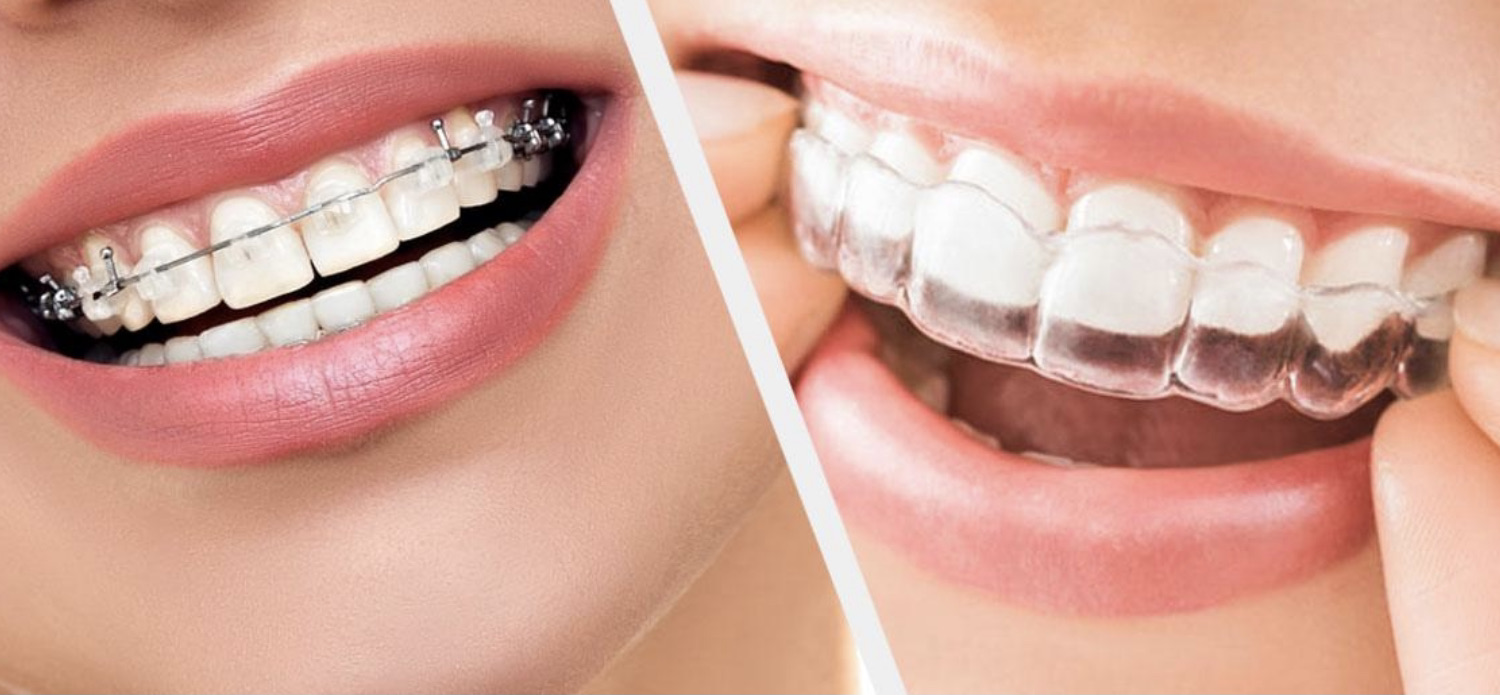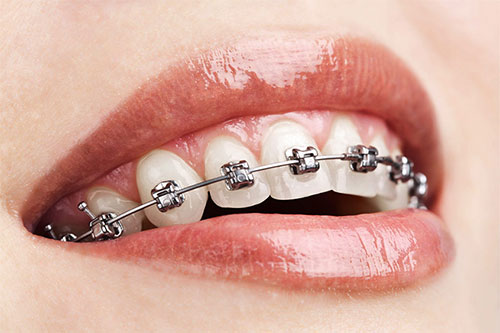Orthodontic Treatment
Orthodontic treatment is a specialized branch of dentistry that focuses on diagnosing, preventing, and correcting misaligned teeth and jaws.
The primary goal of orthodontics is to improve oral function, aesthetics, and overall dental health.
🔹 What Does Orthodontic Treatment Involve?
Orthodontic treatment uses various devices—most commonly braces or aligners—to gradually move teeth into the desired position. This process helps correct:
- Crooked or crowded teeth
- Gaps between teeth
- Overbites, underbites, crossbites, and open bites
- Jaw alignment issues
🔹 Common Types of Orthodontic Appliances
1. Braces
- Traditional Metal Braces: Stainless steel brackets and wires; highly effective for all types of cases.
- Ceramic Braces: Tooth-colored brackets for a more aesthetic appearance.
- Lingual Braces: Placed behind the teeth, hidden from view.
2. Clear Aligners (e.g., Invisalign)
- Removable, nearly invisible trays.
- Suitable for mild to moderate misalignment.
3. Palatal Expanders
- Used to widen the upper jaw in children or adolescents.
4. Retainers
- Worn after braces or aligners to maintain the teeth's new position.
🔹 Benefits of Orthodontic Treatment
- Improves the appearance of your smile.
- Enhances oral function (biting, chewing, speaking).
- Reduces risk of tooth decay and gum disease by making teeth easier to clean.
- Prevents abnormal wear on teeth.
- Helps in correcting jaw alignment and reducing jaw pain or TMJ disorders.
Who Can Benefit?
- Children: Ideal age for initial evaluation is around 7 years (as recommended by the American Association of Orthodontists).
- Teens: Common age group for braces.
- Adults: Increasing number of adults opt for orthodontics, especially with discreet options like aligners.
Orthodontic treatment is a transformative investment in your oral health and self-confidence.
If you're considering it, a consultation with a licensed orthodontist can help you choose the right approach based on your needs and goals.



